After the Twin Towers were attacked, a friend called me to tell me to turn on my TV. I was the Deputy Fire Chief for Navy and Marine Corps military bases at Okinawa and mainland Japan. Okinawa is 13 hours ahead of New York City, and I had been sleeping. Looking at the TV, I wasn't sure at first what I was seeing. There was fire, smoke, and papers raining down on the streets below. My first words were, "We are going to lose firefighters," but I had no idea it would be 343.
I reported for duty at the headquarters fire station in the morning. The Marines had sandbags and a .50-caliber machine gun at the main door of headquarters, which was located on an Okinawan street and not on a military base.
The highly stressed commanding general held a department head meeting about individuals calling 911 operators to report anything suspicious. People really took "suspicious" to heart.
The first call was a report of powder coming from a package at the post office at a time when anthrax was on most minds. It turned out to be bath salt.
A legal officer ordered a book on al-Qaeda. When he opened the package, dust fell out of the book. After a call to the U.S., I learned the powder prevented pages from sticking together.
A Marine opened his mail at 2 a.m. from his parents and reported that his package had been tampered with. There was an Arabic coin inside, which turned out to be a Latin inscribed commemorative coin from the state of New York.
An Okinawan woman drove to the main gate, and while they checked the undercarriage, they located a bag with a white substance in the wheel well. It was salt. In Japan, salt is considered sacred and is used to remove spiritual problems.
A Marine gunnery sergeant received a package from Georgia from someone in Korea whom he did not know. Explosive Ordnance x-rayed it and saw what looked like a spring. We used a robot to place it in a field. When we fired a shotgun round at it, coupons flew all over. I flashed back to the papers I saw raining down from the Twin Towers. Out-of-date coupons can be used overseas on military bases for an additional year. The package had come from a church—no springs.
A family reported that they had opened their mail on the fifth floor of a high-rise. Their noses and lips were burning. We evacuated the entire building and brought the family down an exterior stairway to our decontamination station. They were stripped down, decontaminated, and sent to the hospital. Hazmat investigated the apartment, and on the kitchen table were jalapeño poppers from a fast-food restaurant.
These were only a few of the calls we responded to.
What I found interesting was when I phoned fire chief friends back in the States; they had responded to a few hazmat calls, if any.
In the following days, I kept checking to see if I knew any of the victims. Being from New Jersey, I had many friends who worked in New York, and some of whom were firefighters. Day after day, no one I knew was on the growing list. Then, I saw Captain Brian Hickey of the elite FDNY Rescue 4. I can't put into words how I felt—sick to my stomach. Brian led six other men into the North Tower and was believed to be on the 73rd floor when the tower collapsed.
The following year, I attended a Fire Chiefs Convention in New Orleans. After a class, I went to the empty hotel bar. A fellow walked in and asked if he could join me. His name was Stu Estabo, an assistant fire chief working at the U.S. Coast Guard Station on Governors Island at the foot of Manhattan, who saw the Twin Towers go down.
He asked me if I knew any of the firefighters. I said, "One—Captain Brian Hickey." He turned white and said he was Brian's best man. He told me they never found Brian's body, only his helmet. He wasn't even supposed to work that awful day, but made a shift trade to help out another captain.
Brian was a firefighter's firefighter. He was also a volunteer firefighter in Bethpage, Long Island, where he lived, and was assigned to Ladder 3.
Every year, I have attended the City of Fallon 9/11 ceremony at City Hall with the American Legion ceremonial firing squad. Three volleys of gunfire and taps always bring back memories of Vietnam and 9/11. I wore my fire chief's uniform this year and stood with my brothers and sisters of the fire service.
After you read this article, please say a prayer for Brian, his family, the other 342 FDNY firefighters, and all who died at the Twin Towers, the Pentagon, and on American Airlines Flight 11.
Stuart Cook is a career Navy fireman and chief. He served as the civilian federal Fire Chief at NAS Fallon for five years before retirement.


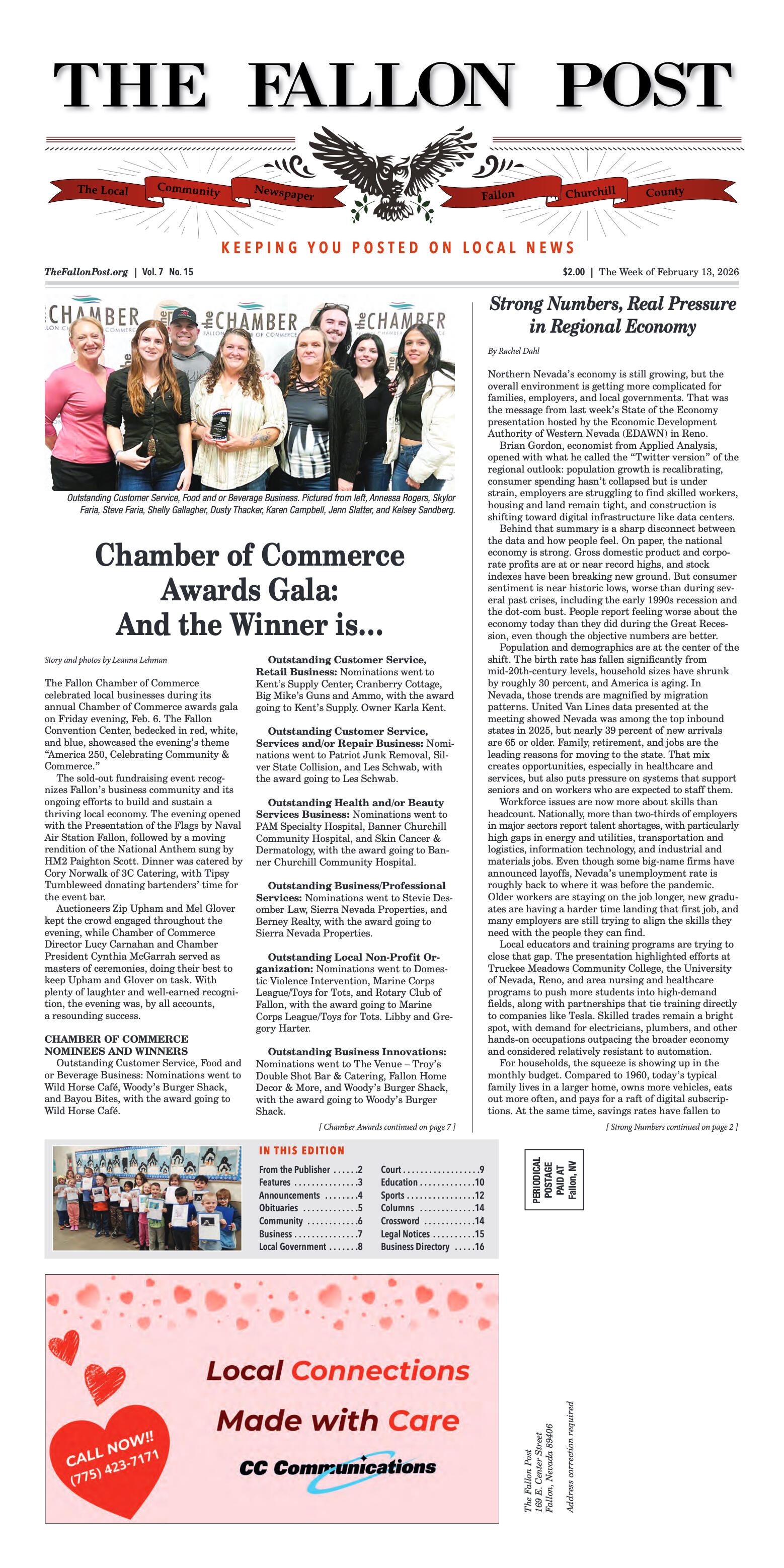
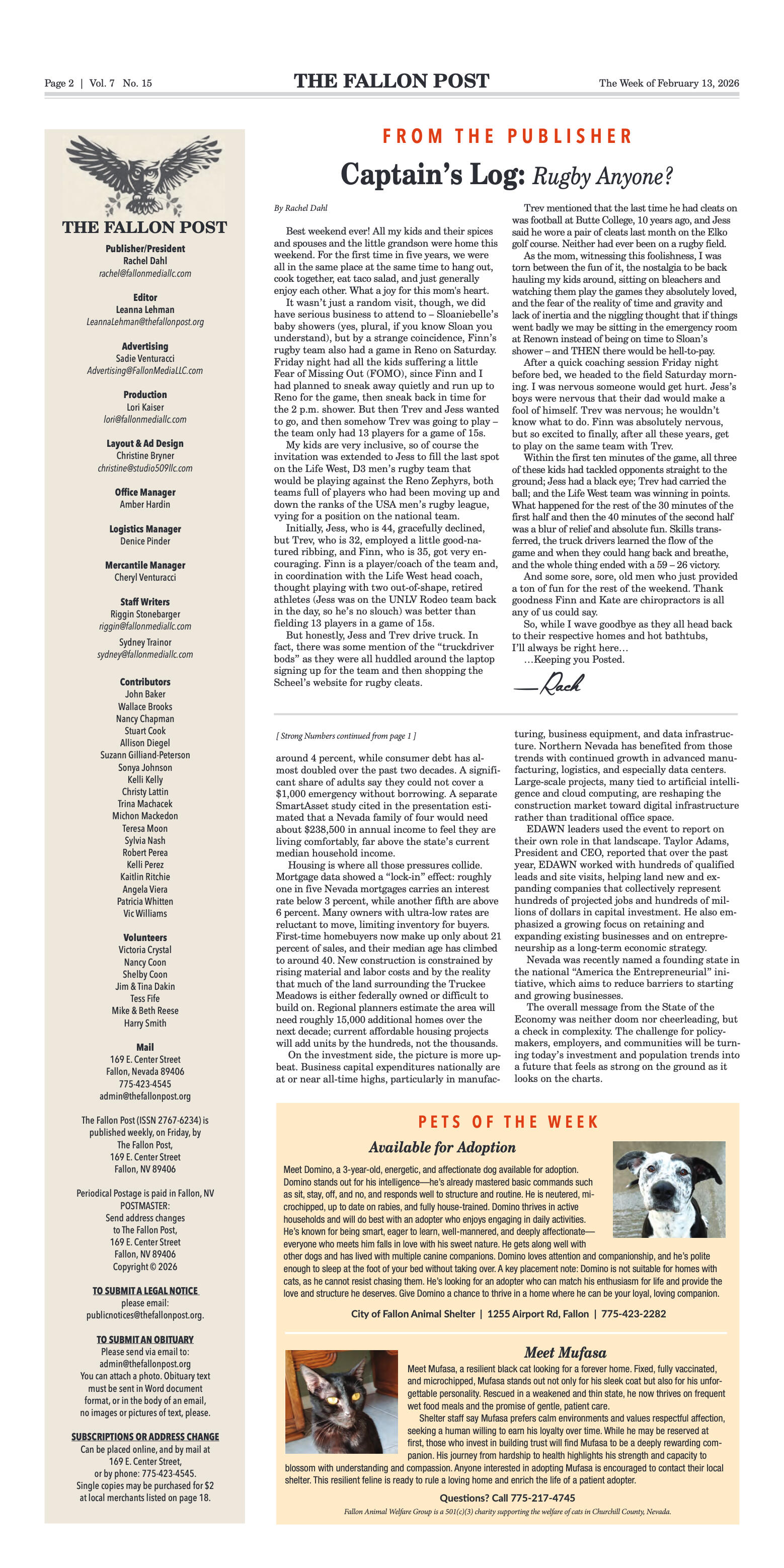
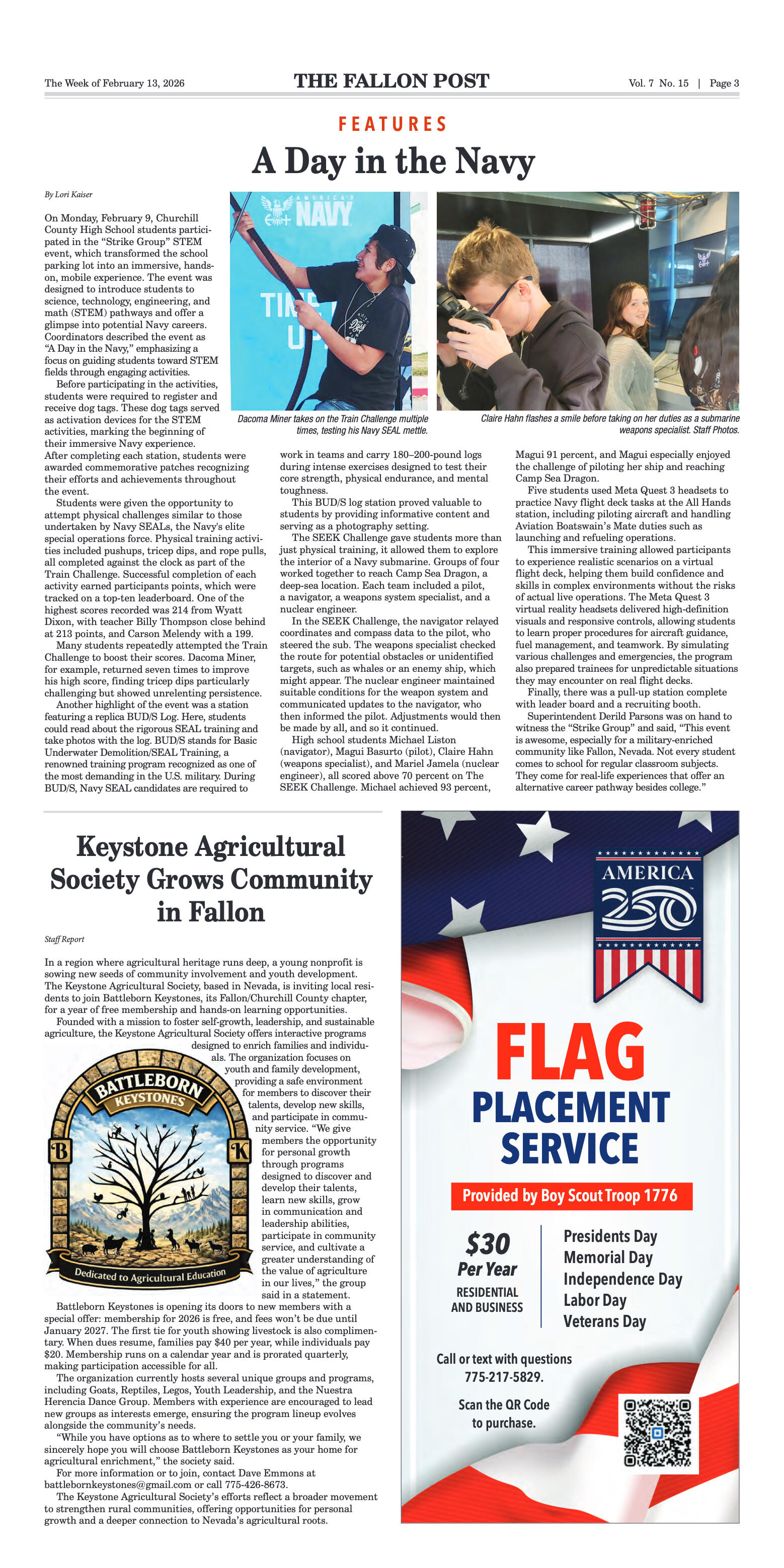
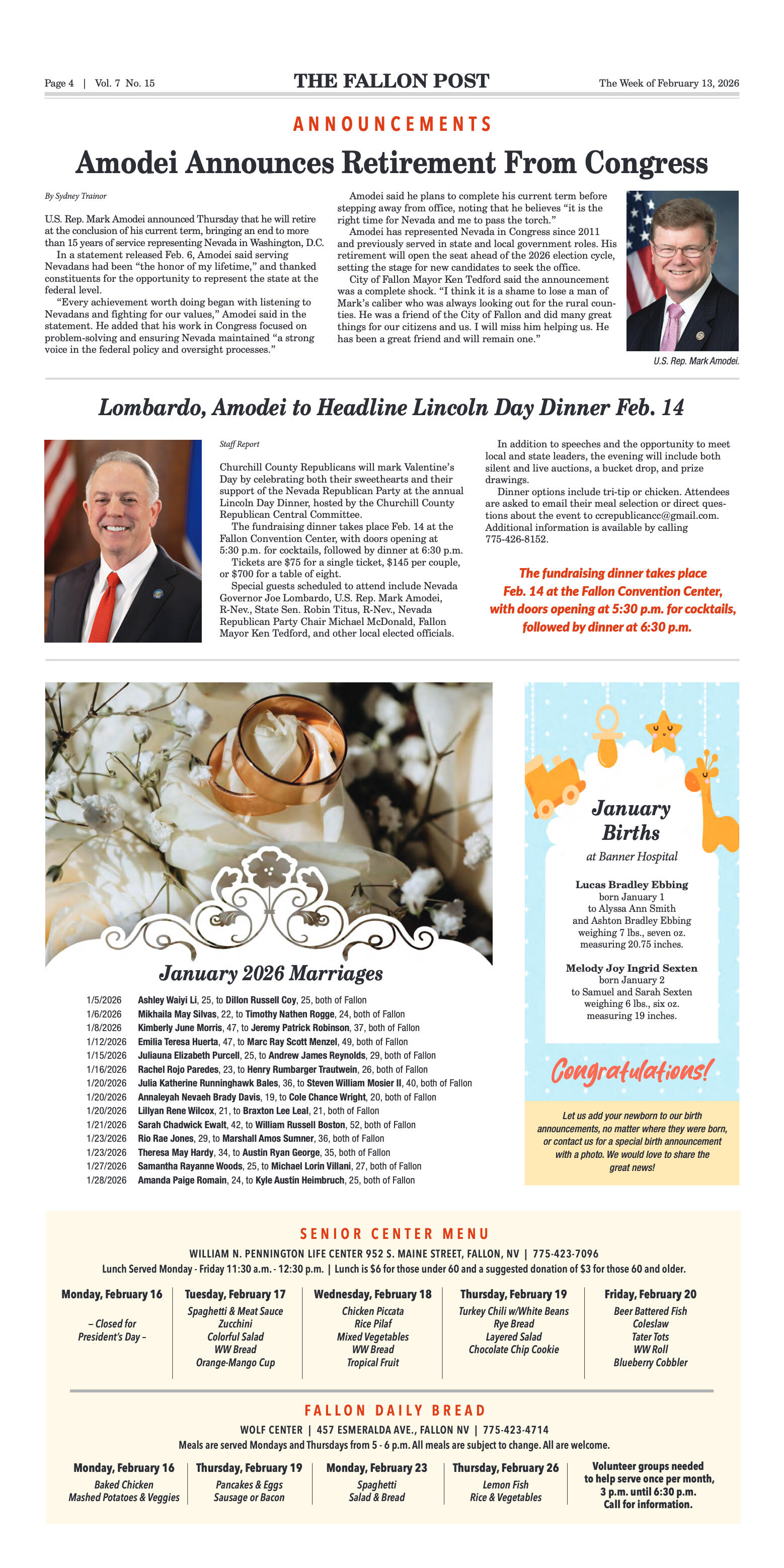
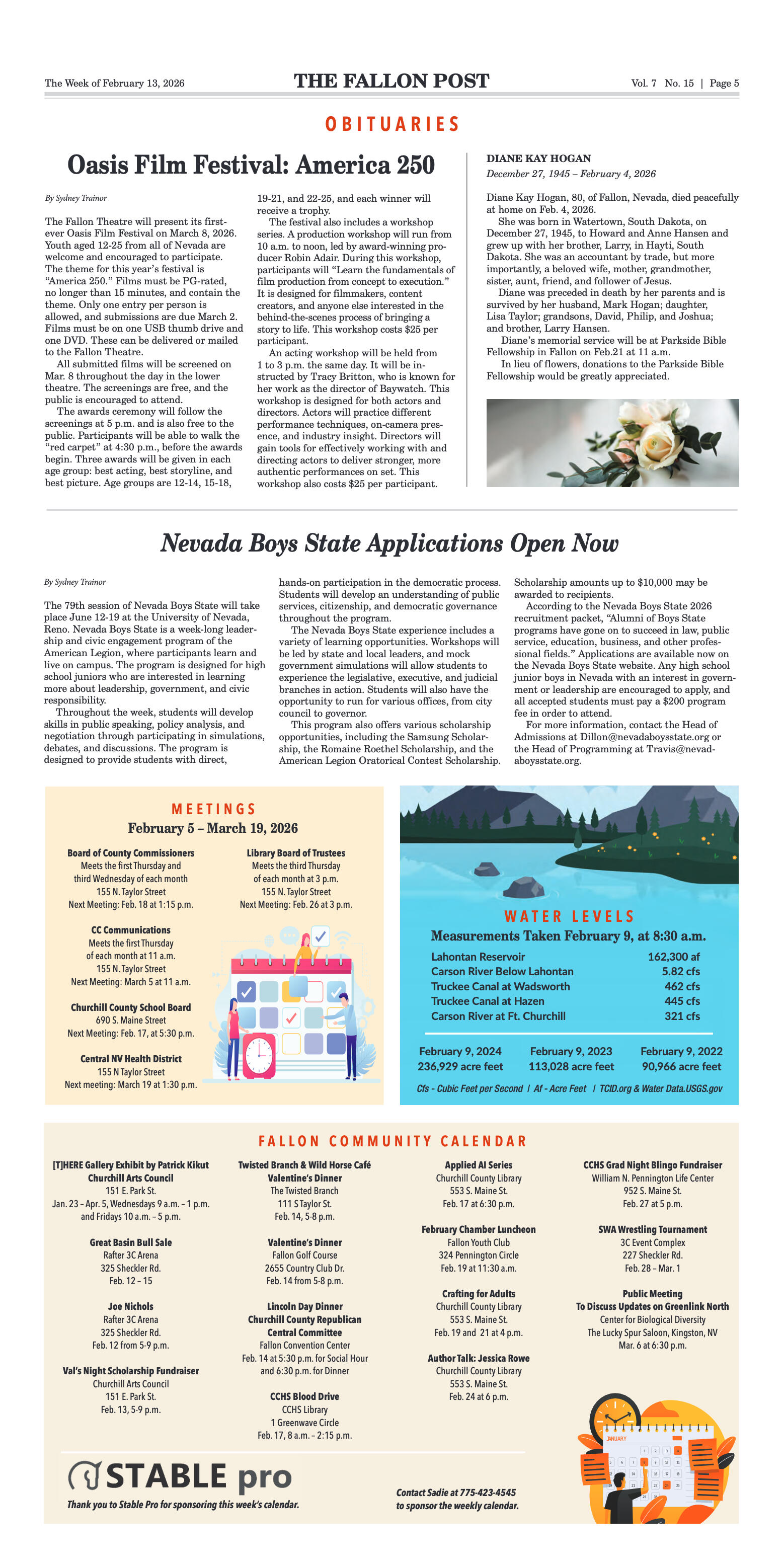
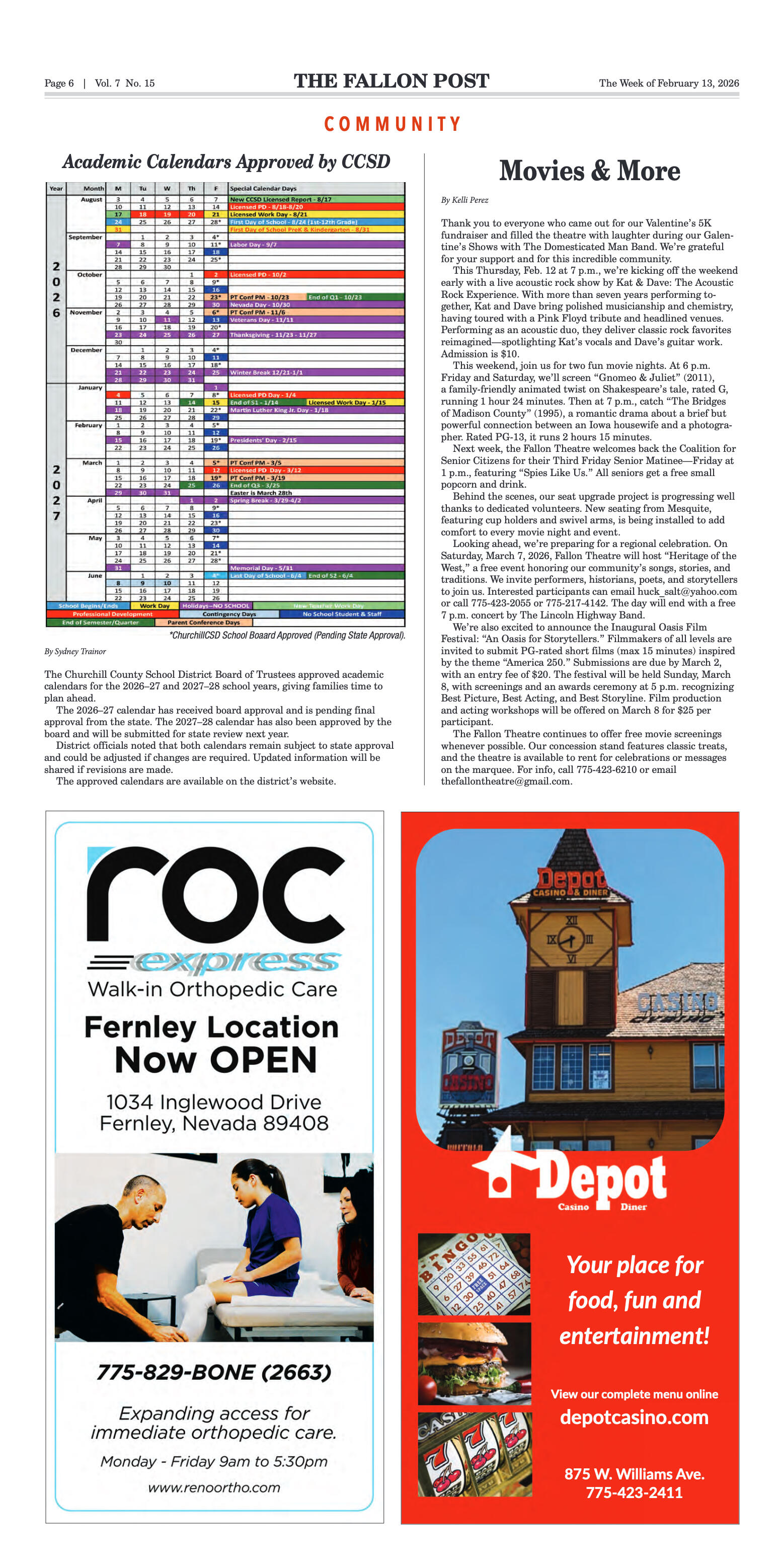
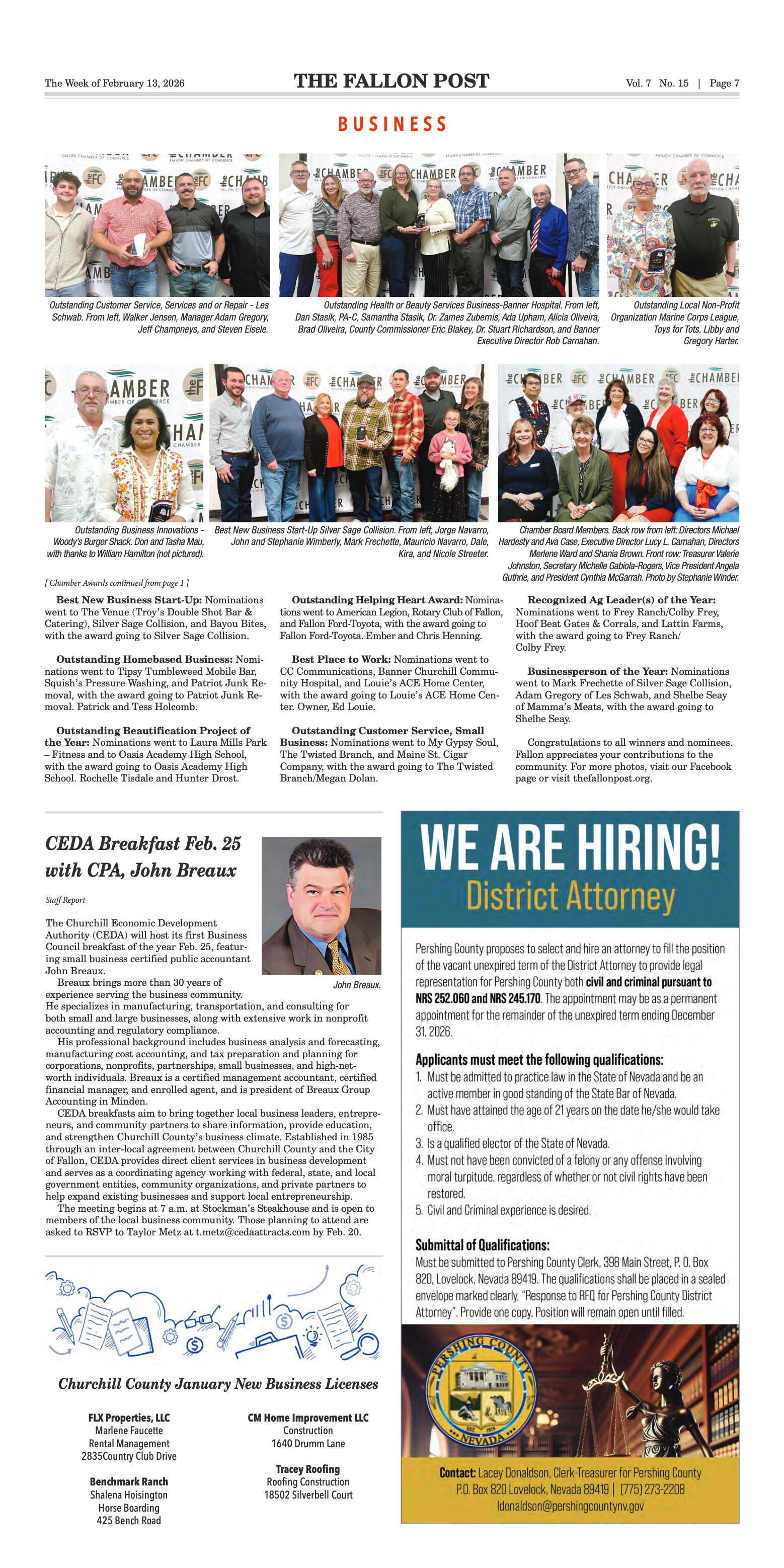
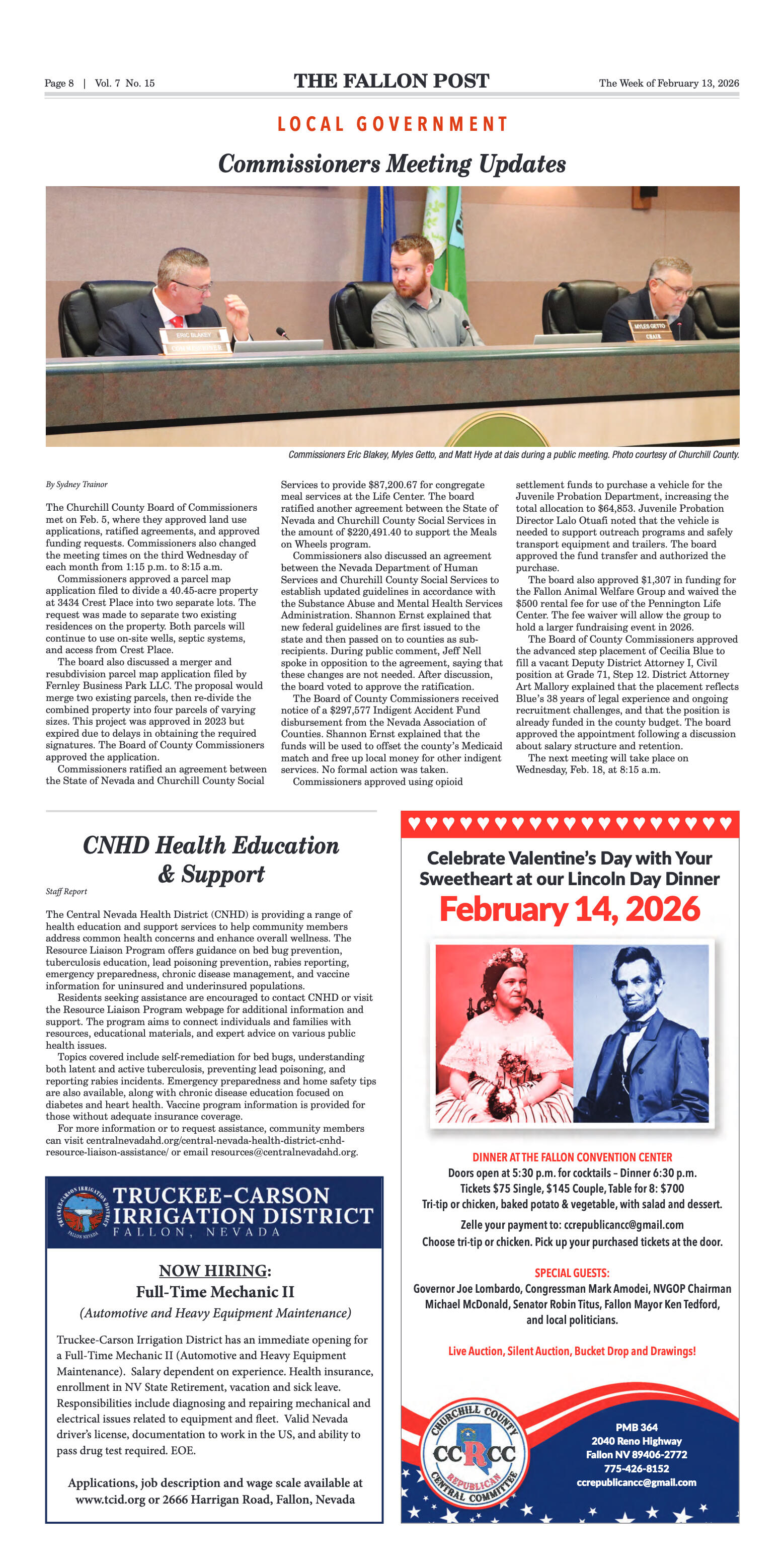
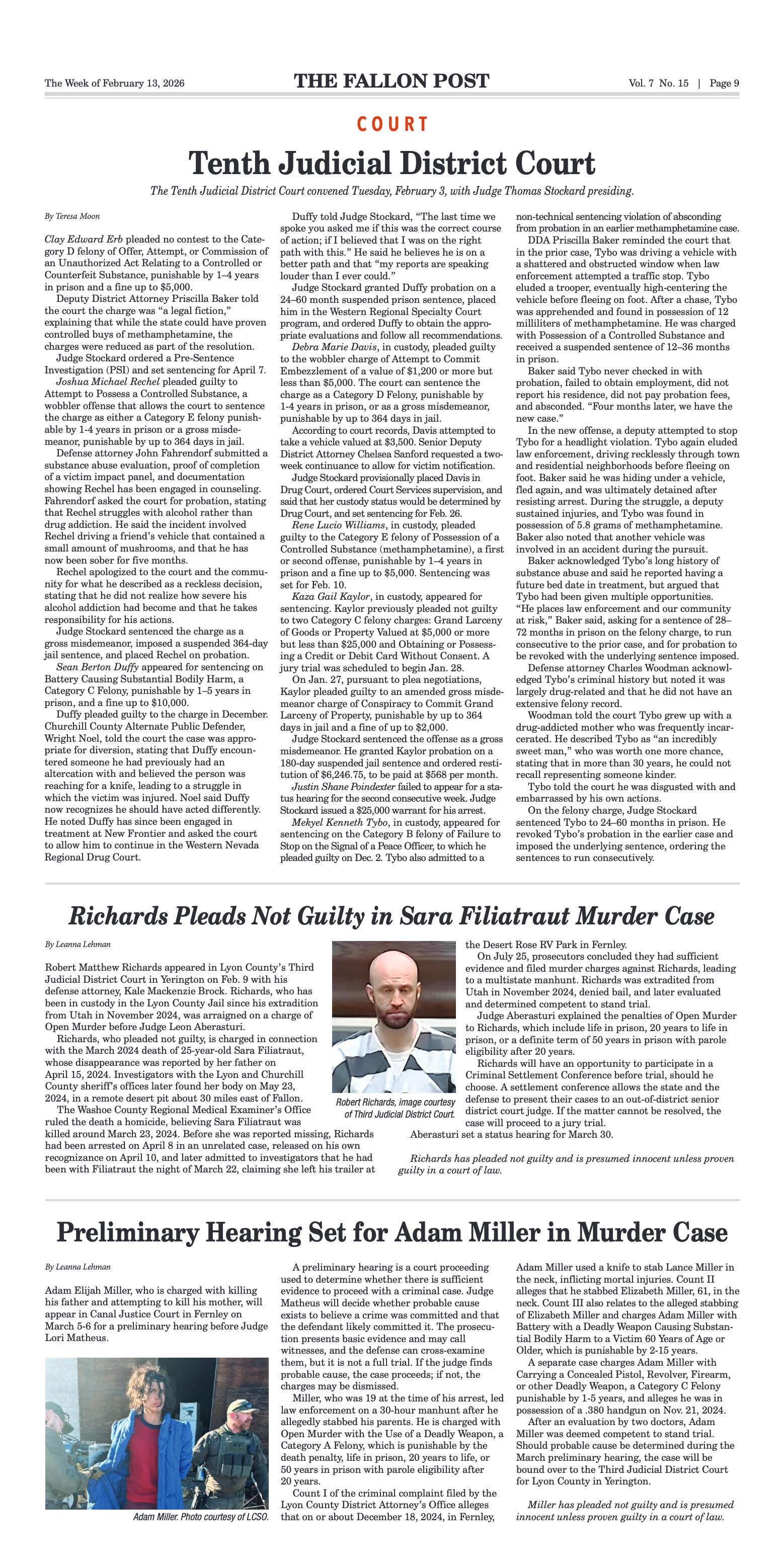
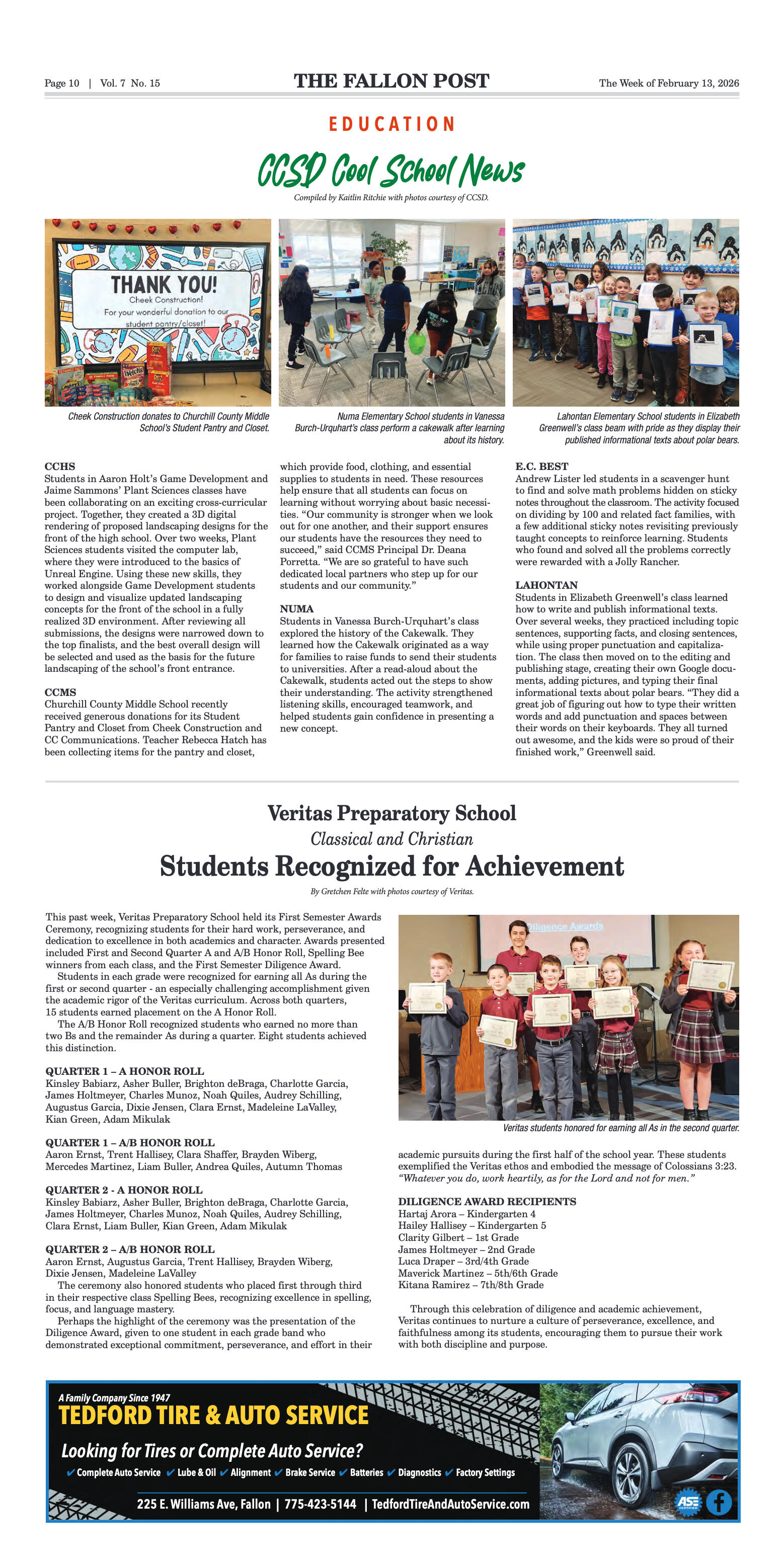
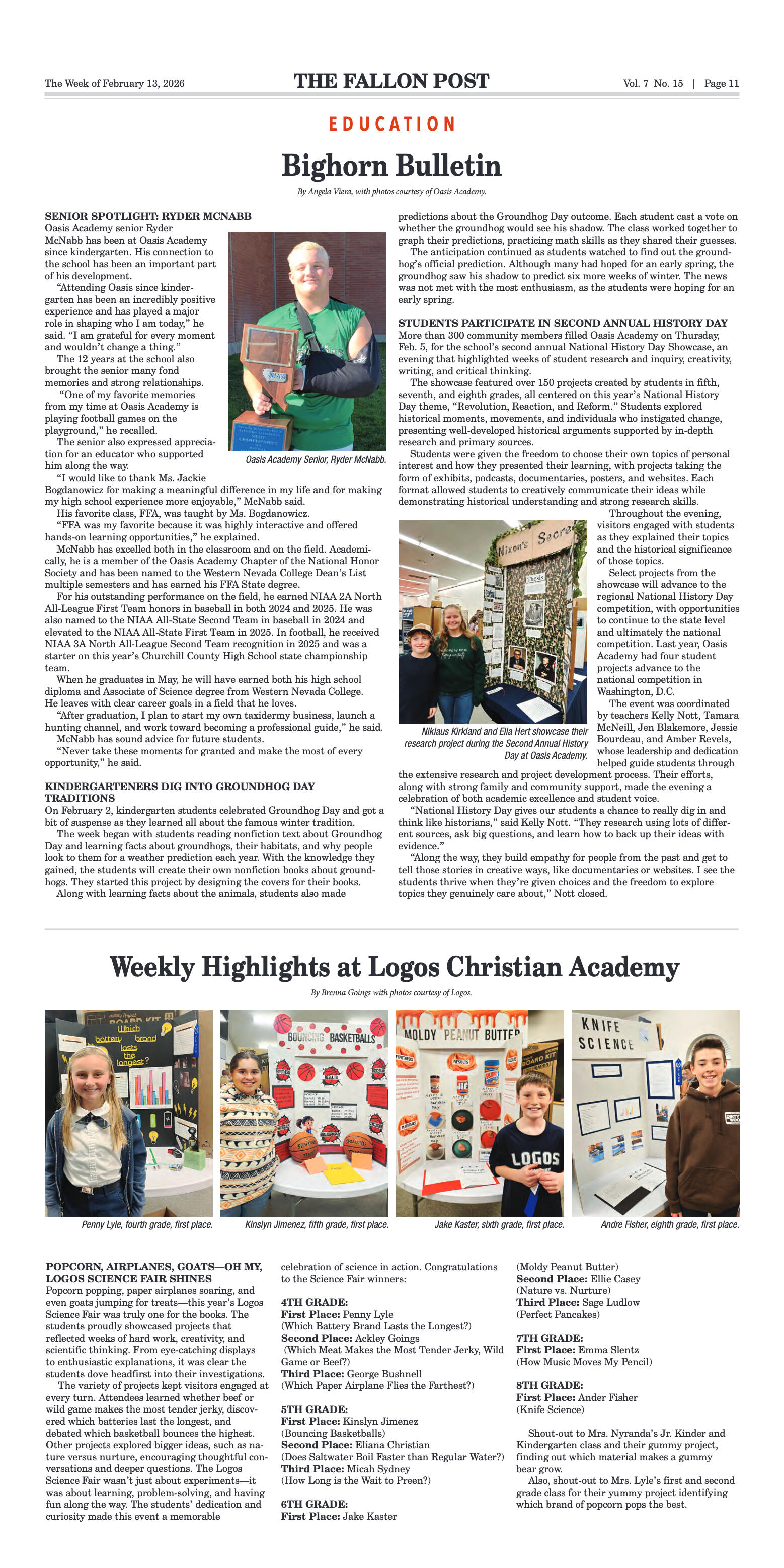
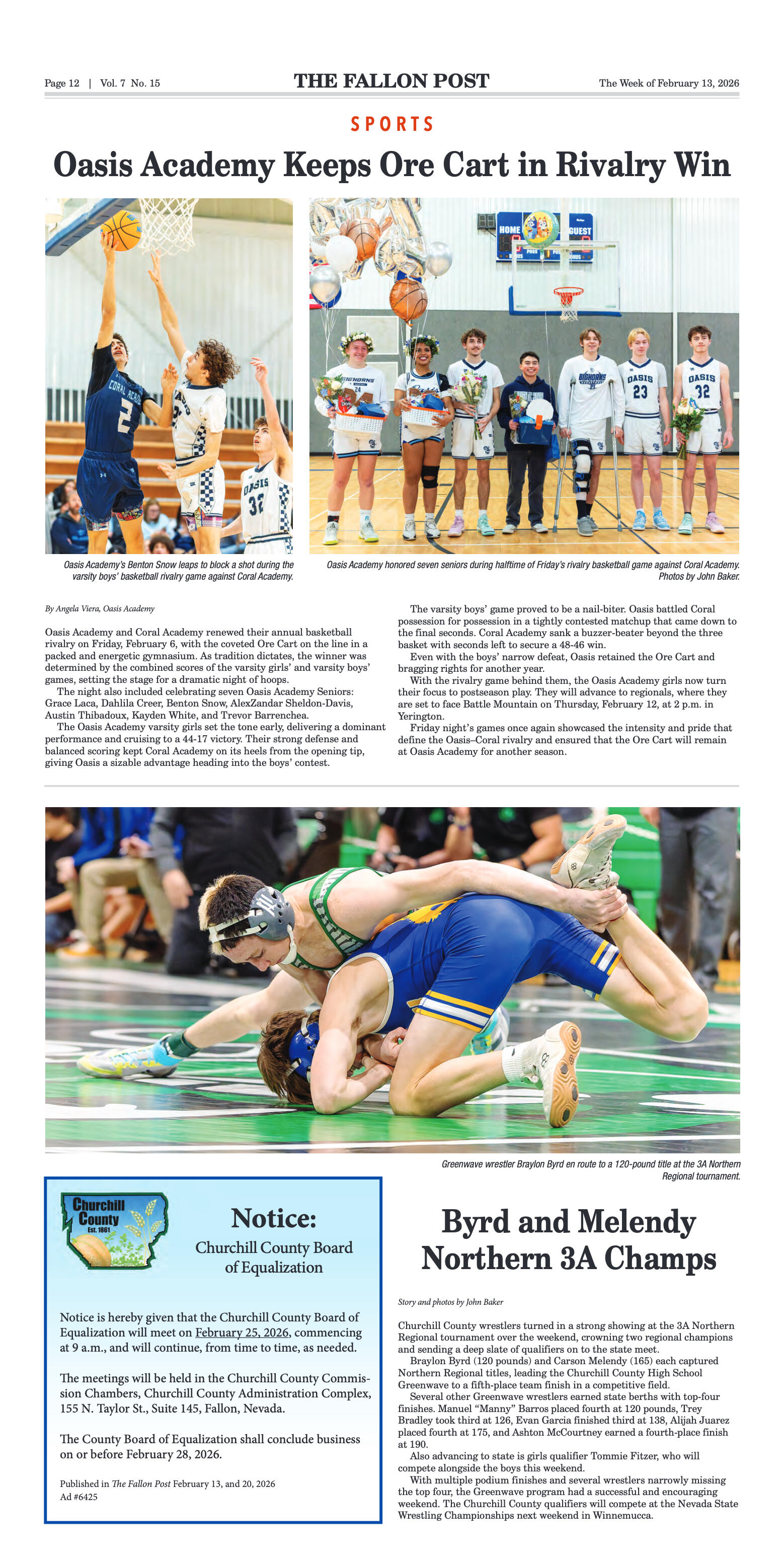

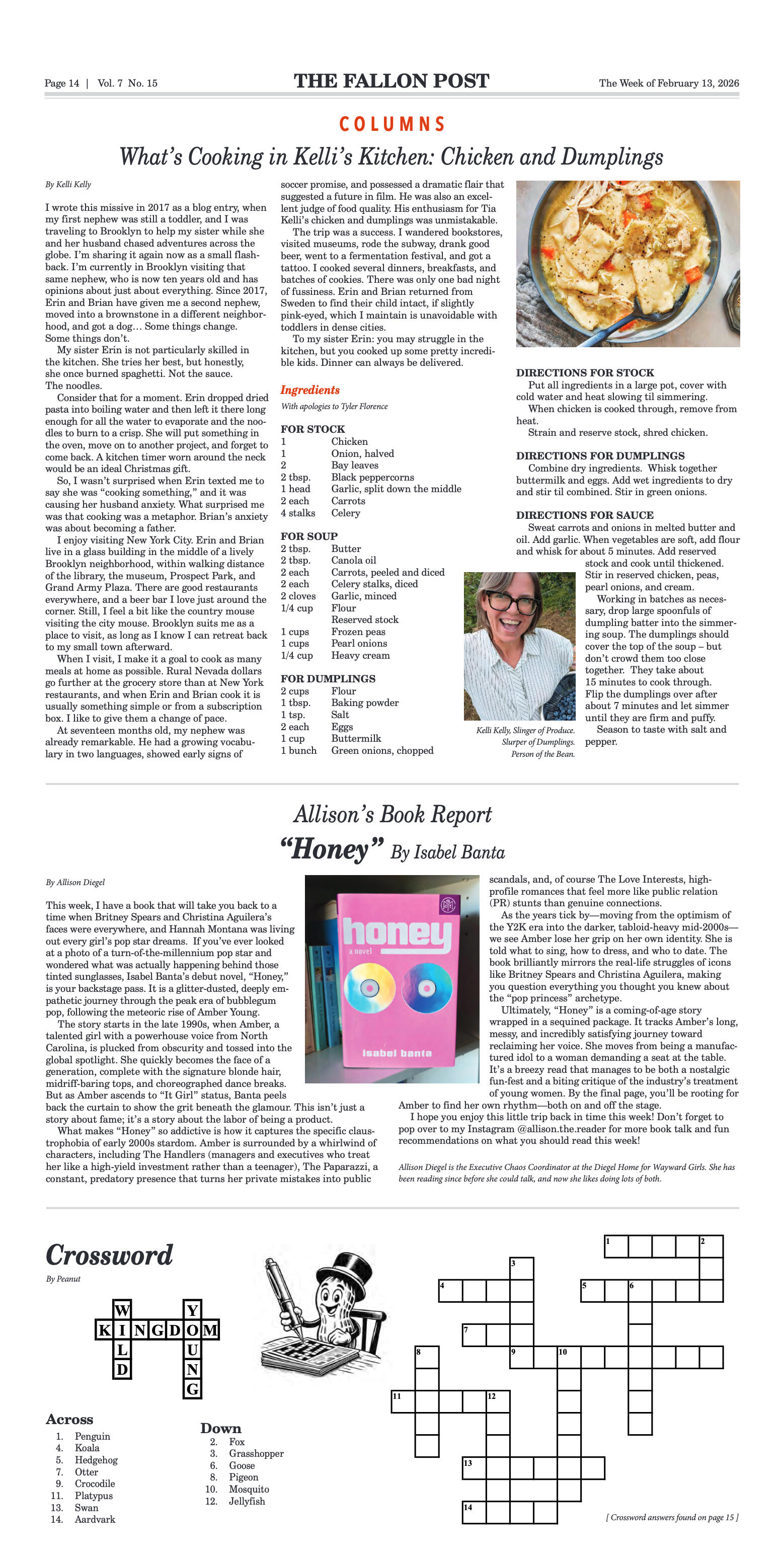
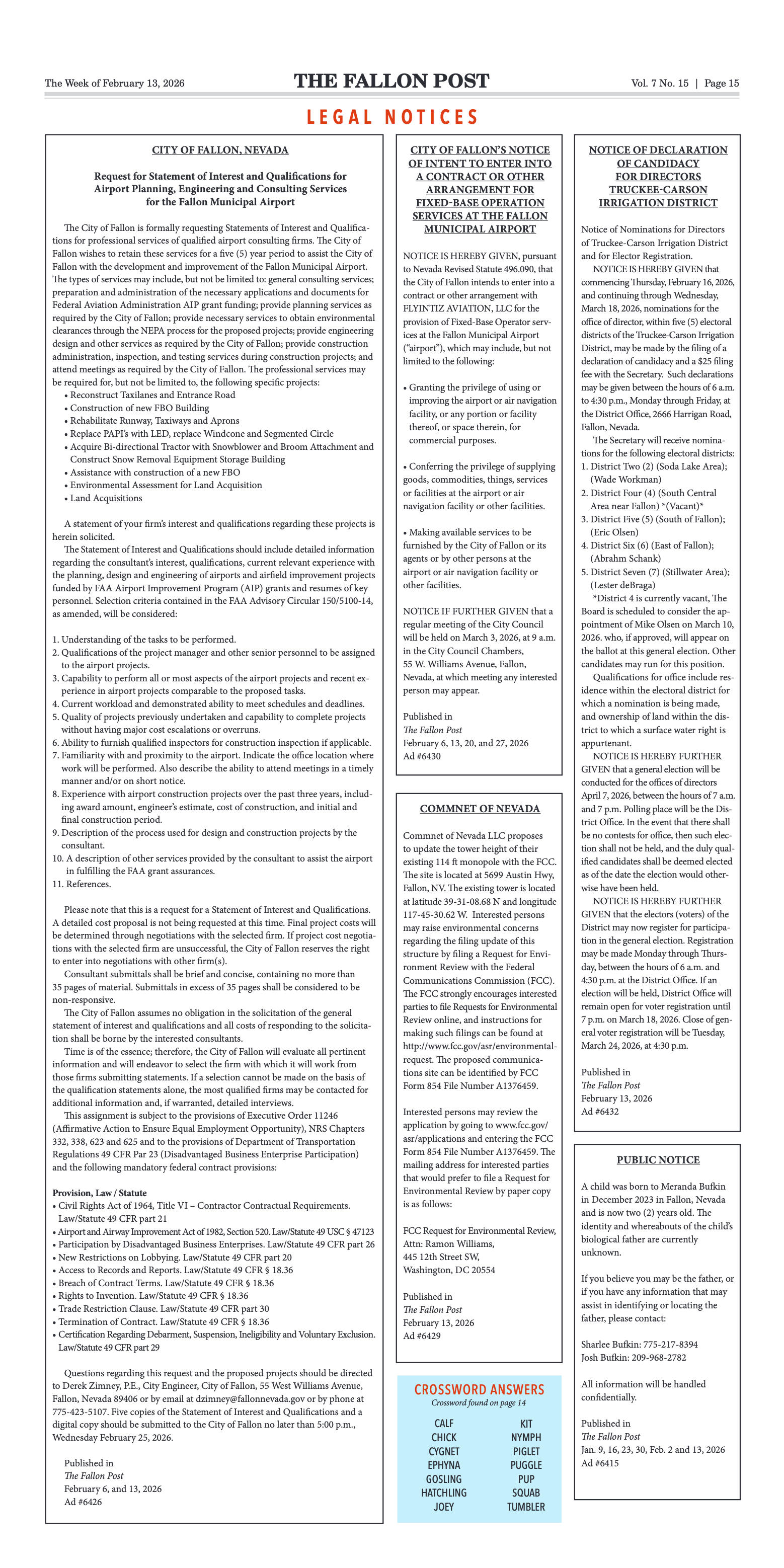
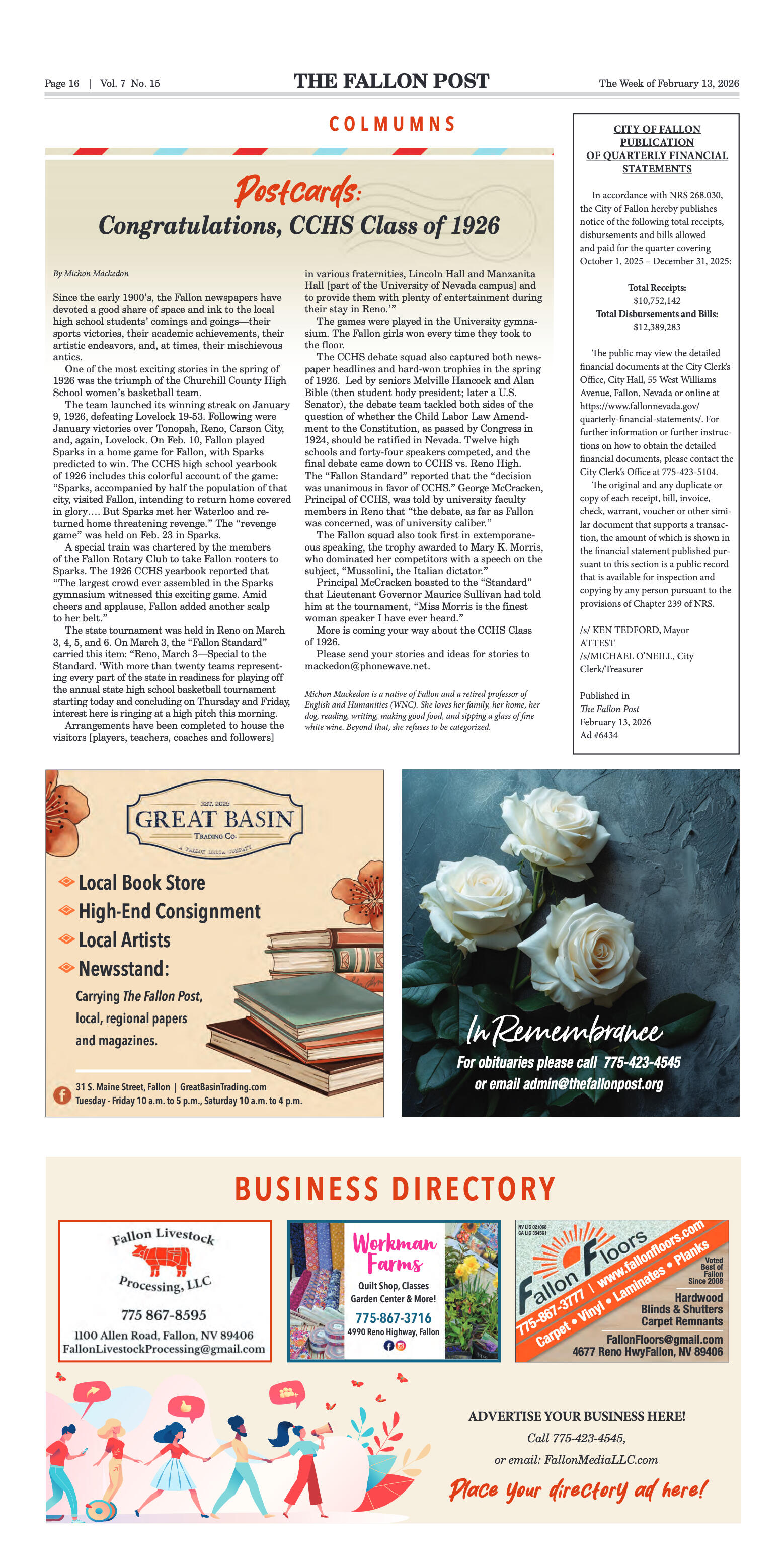
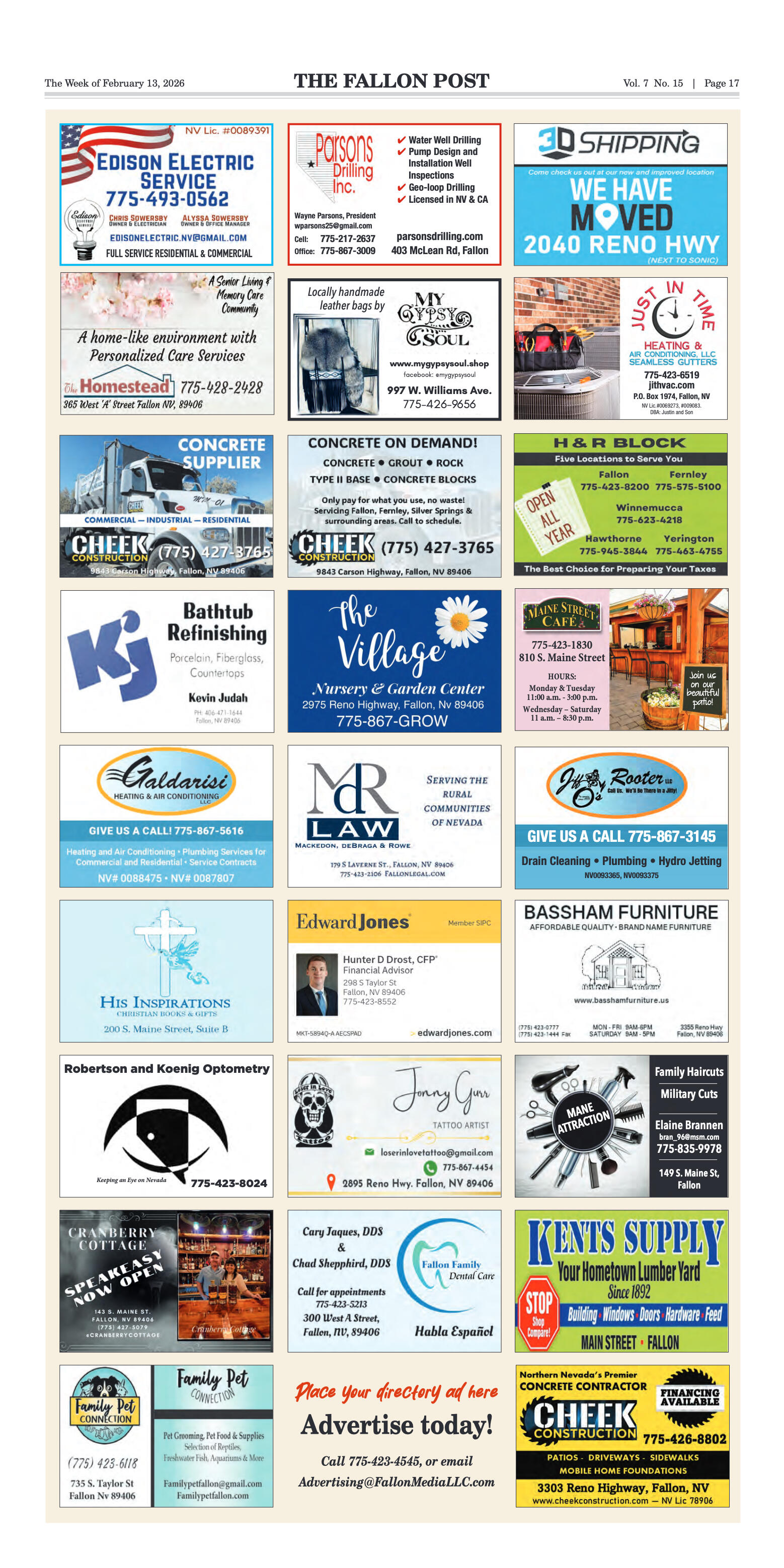
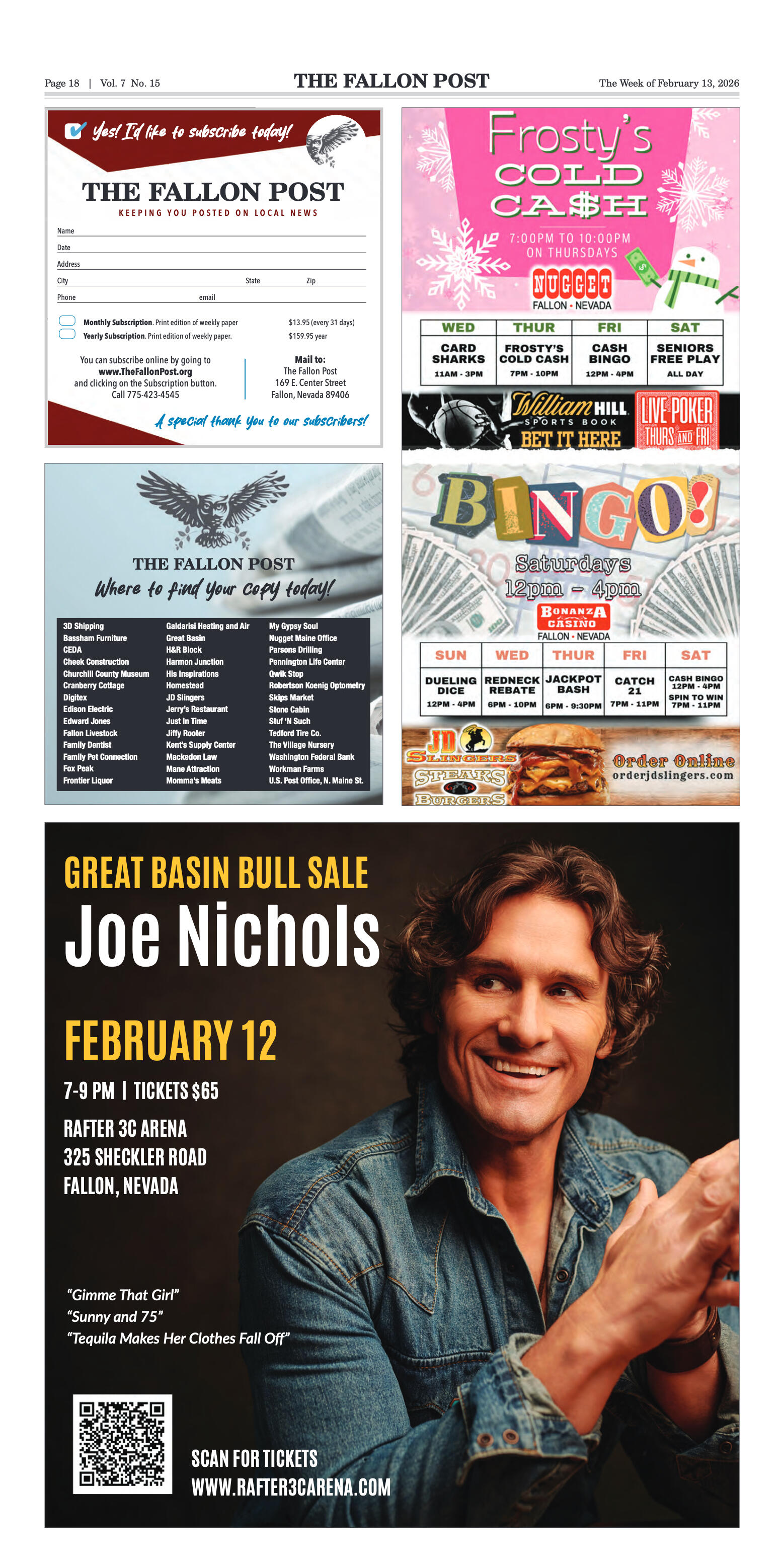


















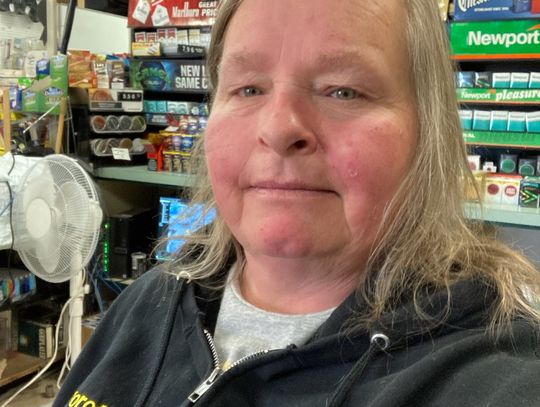
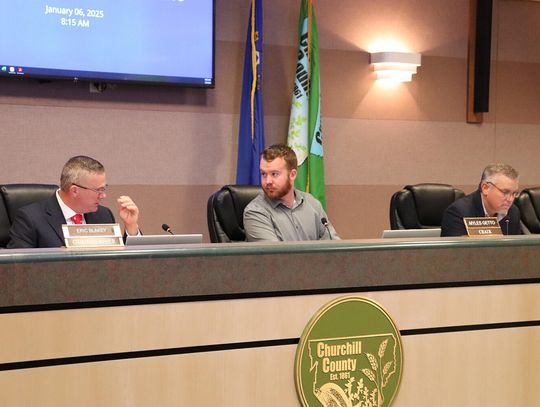


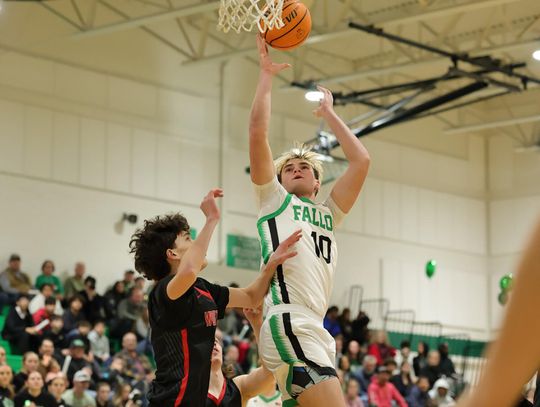

Comment
Comments